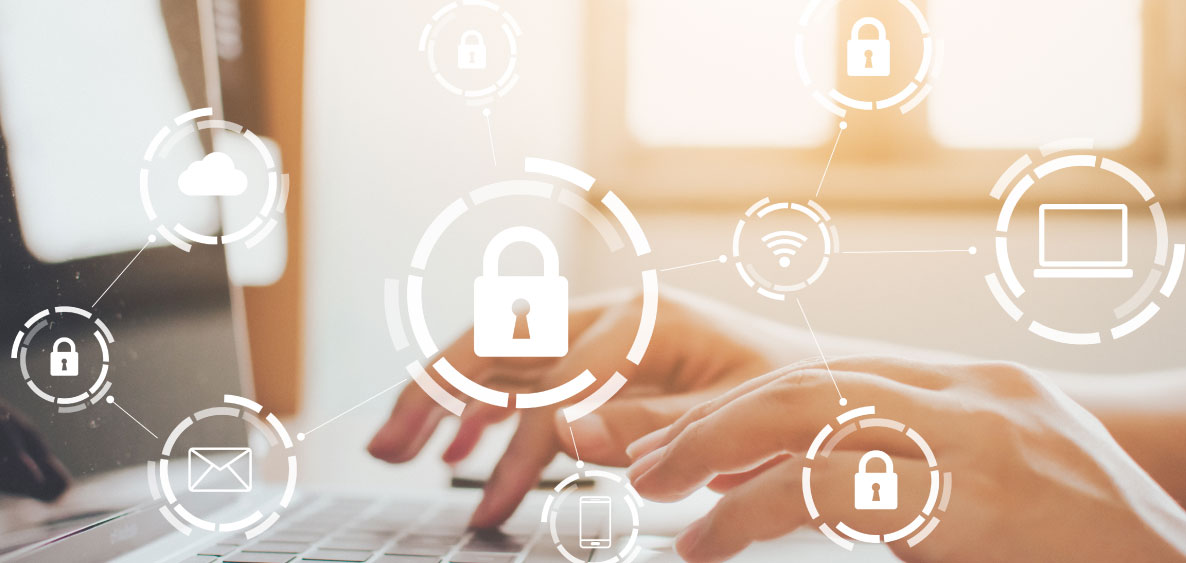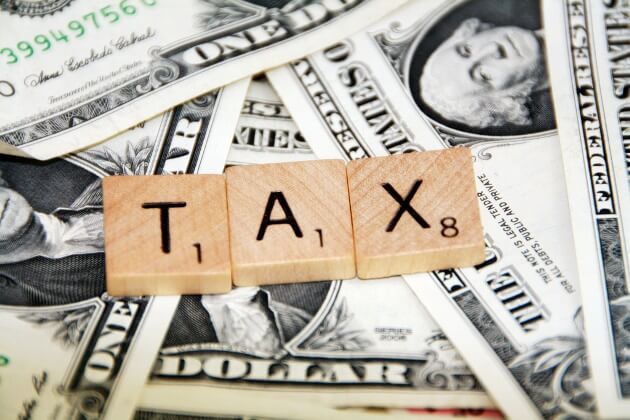
Financial well-being April 13, 2020 By
A stimulus check, also known as an “Economic Impact Payment,” is money sent to qualified U.S. taxpayers by the U.S. government. Stimulus checks are intended to stimulate the economy by providing consumers with some money to help pay their expenses during severe economic downturns. To learn more about the stimulus payments and to determine your eligibility, click here.
Our emotions, self-worth, and sense of security have a huge impact on how we manage our money, especially during emotionally charged times as currently experienced with Covid-19. Take a moment to slow your mind down, breathe, and remind yourself that you do have the skills, courage, and ability to make the best financial decisions for you and your family, now and in the future.
If you’re feeling the urge to simply lean into whatever feels good right now and pick up the pieces when this crisis is over, you’ll likely find yourself in a more difficult place when that time comes. Finding the courage to show up for yourself now, taking immediate action, and preparing a plan can provide you with a sense of control in a time of uncertainty. Vince Lombardi fittingly once said, “Preparedness is the ultimate confidence booster.”
Your first task toward preparedness is to take a look at your monthly expenses and prioritize them. Decide what you need to pay for and what you can, at least for now, let go. Food, shelter, utilities and transportation should take top priority. Dining out, clothes, and entertainment may need to be sacrificed for the time being. When shopping, consider every purchase. Ask yourself if you really need it, and if you do, can it wait a while, or can you get it for less somewhere else.
Let’s explore some ways you can boost your confidence by planning to make the most of your stimulus check payment based on your current financial situation.
If you’re someone who is out of work or missing a paycheck right now, use the stimulus money to pay your necessary living expenses listed below:
- Food
- Utilities
- Shelter (housing)
- Transportation
Food - If you’re having trouble paying for food right now, use some of the stimulus money to buy groceries for your family. If you need food, look into eligibility for SNAP benefits through the government or find a food bank near where you live.
Utilities - Take care of basic utilities (electric, water, gas/propane, cell phone). Some utility companies are not shutting off utilities for non-payment during the coronavirus crisis, but it is best to call and verify with your utility providers to ask about their relief programs.
Shelter (housing) - Do what you can to apply some of the money toward your rent/mortgage payment. If you are unable to pay the mortgage payment in full, reach out to your loan servicer to work out a plan before becoming delinquent on your loan. If you are renting, check with your landlord to see if you can work out a payment arrangement to avoid possible eviction.
Transportation - Do you have a vehicle loan that you are unable to pay right now? Contact your lender and discuss a loan deferral or payment plan to help you out during this financially challenging time. Be sure to reach out to your lender as soon as your financial situation changes so that you do not become delinquent (30 days past due) on your loan payment.
Also, check with your auto insurance provider to see if there are options available for premium payment reduction or deferral due to the current pandemic crisis. One thing you definitely do not want is a lapse in your insurance coverage at this time.
Other debts owed - If you have lost your job and/or your income is drastically reduced and aren’t able to pay your credit card debt, non-federal student loans (federal student loan FAQ info here), or other monthly commitments with private lenders, contact the lender to negotiate and discover your options. Do not simply stop making payments by assuming automatic leniency without contacting your lenders.
If you are someone who has a stable job situation, count your blessings and review ways you can save as much of your stimulus check payment as possible. Additionally, start looking for ways to set aside money each pay period to add to your emergency fund. Begin by looking at your monthly spending plan and cutting out anything you can live without, at least temporarily. Making short-term sacrifices will allow you to add to your emergency fund savings balance.
New data from GOBankingRates, reveals that 69% of Americans have less than $1,000 in savings. During financial hardship it can be a huge relief to have money in savings to fall back on. If you are like most Americans and there is no money to fall back on, but you still have a job, then now is the perfect time to change your financial future by changing your habits. Consider setting up direct deposit into your savings account each pay period. Putting money into your savings account before you ever see or touch it will help you to create a habit of saving money.
If you find yourself in a position of not needing any of the resources in this article, consider supporting your local community efforts by donating to local relief organizations committed to helping those in need. If you can offer help in any form, please reach out to assist those that are hurting where you live. Simply by having an attitude of grace and kindness towards others while withholding judgement will bless all of those around us as we all maneuver these uncharted and turbulent waters.
This article was written with the help of Lisa Crawford, Financial Well-Being Specialist at First United Bank.




